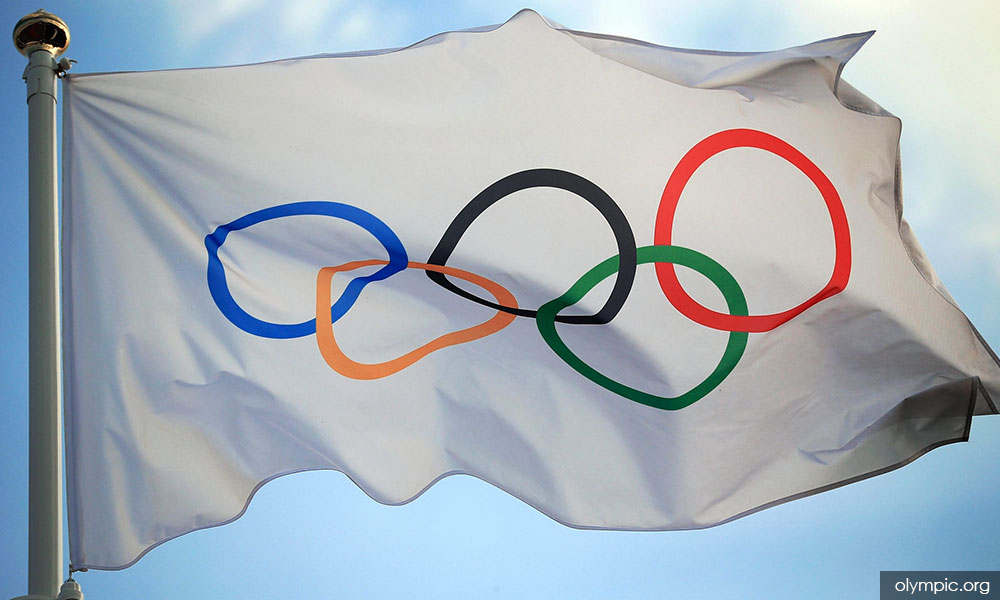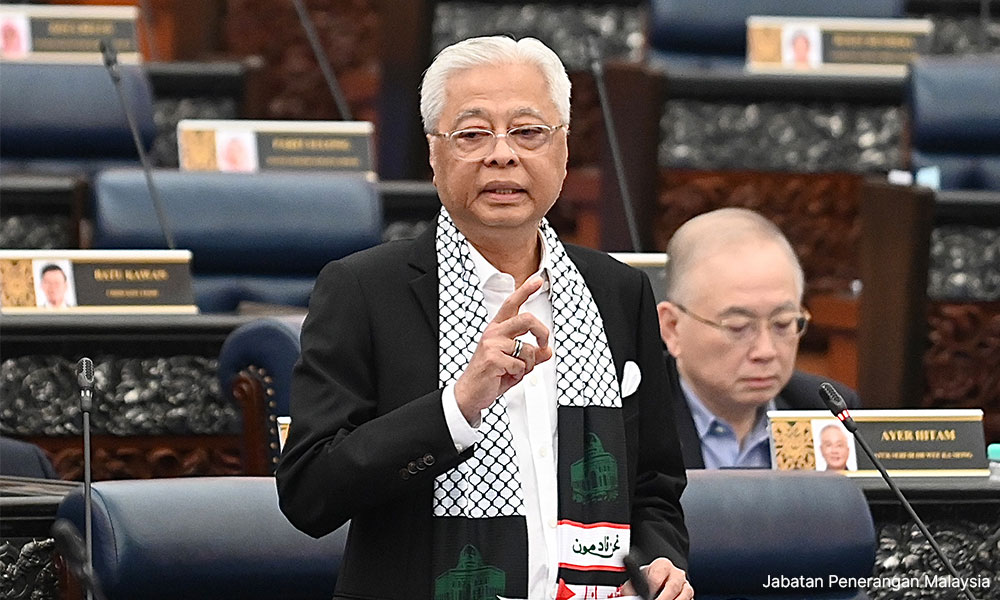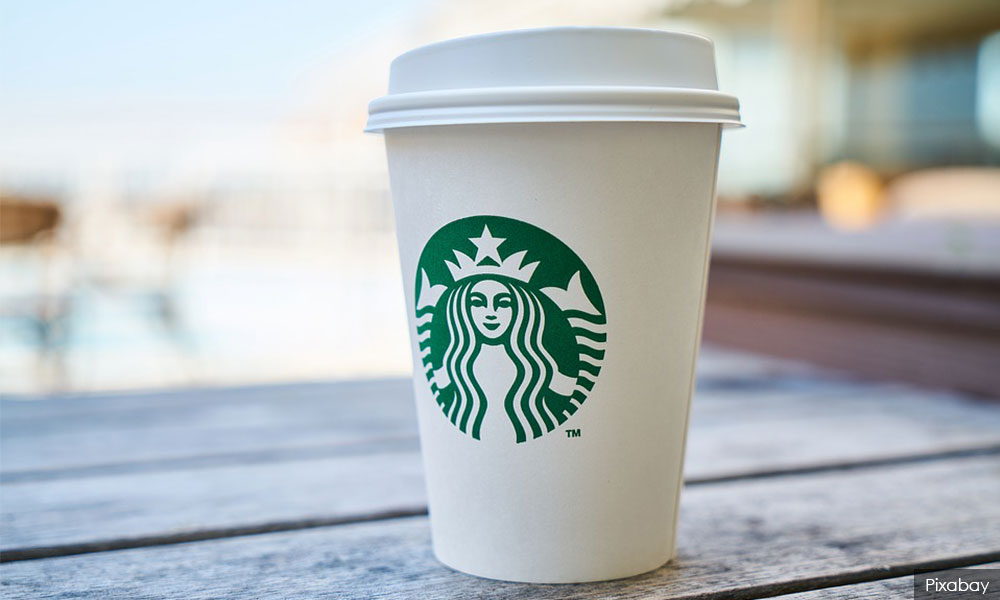After the Batu Tiga race track in Shah Alam was closed following a tragic accident that killed five children in 1977, organised motor races came to an abrupt halt.
Motor racing fans were yearning for a restart but the local racing club did not have the financial resources to improve safety around the tracks.
The following year, a group of companies set up the Shah Alam Motor Racing Association (Samra) to organise races again at Batu Tiga with the Selangor government’s blessings.
Race officials and stalwarts felt that their turf was being taken over and called for a boycott of the races.
Weeks before the first weekend races, stickers and flyers appeared, calling for fans to boycott them.
But fans, starved of the thrill of watching and hearing the roar of engines of cars and bikes whizzing past, ignored the calls, turned up in droves and the boycott fizzled out.
In 1980, Malaysia heeded the call by the United States and joined 66 other nations in the boycott of the Olympic Games in Moscow as a protest to the Soviet invasion of Afghanistan.
(Both our national football and hockey teams had qualified but unfortunately, had to stay home.)

In the edition that followed in 1984, there was tit-for-tat with the Soviet Union calling for a boycott of the Los Angeles Olympics. But it was not effective - only 19 countries stayed away.
These were seen as expressions of dissent and staying away hardly caused a ripple except a change in public opinion and pride of the host countries.
Gaza and boycotts
In Malaysia, there are always calls for boycotts whenever violence occurs in the Middle East, especially in Gaza.
Since 2002, the Muslim Consumers’ Association of Malaysia (MCAM) has been at the forefront of calling for a boycott of American products.
Lists of products or brands headquartered in the US were then circulated via faxes and photocopies until the mobile phone and messaging systems appeared on the scene.
The boycott movement got a boost from former prime minister Dr Mahathir Mohamad, who addressed the protesters declaring Malaysians “will not die if they do not use the US goods” and urged those working for US companies such as fast-food giant McDonalds to quit their jobs.
“If you have the US dollar, please change to other currencies or our ringgit. When you stop using the US dollar its value will drop. They will become a bankrupt country and will not be able to produce weapons for Israel,” Malaysiakini quoted him as saying.
In 2021, MCAM activist Nadzim Johan, in a video circulated on social media, said he was launching a large-scale boycott against well-known brands, including Coca-Cola, that are purportedly sympathetic towards Zionists.

He also urged the Malaysian Indian Muslim Restaurant Owners’ Association (Presma) to recall all Coca-Cola drinks as a form of solidarity with those suffering in Gaza.
“We are planning to go after Starbucks, HP, and Puma, too,” he said in a meeting at a restaurant with Presma chief Jawahar Ali Taib Khan.
The association, Jawahar Ali said, would urge over 10,000 of its members throughout the country to not sell Coca-Cola.
Following the US recognition of Jerusalem as Israel’s capital in 2017, various groups issued a list of more than 30 companies they believed should be boycotted for alleged links to Israel, including Nestle, Starbucks, and Coca-Cola.
Boycott Divestment & Sanctions (BDS) Malaysia, on the other hand, narrowed down its targets to five companies including machinery manufacturer Caterpillar and tech company, Hewlett-Packard (HP), based on guidance from the international BDS Movement.
It alleges research shows these businesses have proven links to Israel and can be more easily boycotted by Malaysians.
Going racial
In 2015, yet another former prime minister, Ismail Sabri Yaakob - who was then agriculture and agro-based industries minister - was embroiled in another boycott campaign calling for Malays to shun Chinese businesses to compel them to lower prices.
“The majority of consumers are Malays. The Chinese are the minority. If the Malays boycott their businesses, they will have no choice but to reduce prices,” wrote Ismail Sabri.

Ismail Sabri also accused Chinese businesses of having suspect halal certifications, yet Malays are still patronising such establishments.
“Just look at Old Town White Coffee... They are suspicious... but still Malays are not boycotting (the company),” he noted.
But his claim that the company is owned by the Ngeh family (of) Perak DAP, was false. But these days, Ismail Sabri sings a different tune.
Who benefits?
Did these boycotts work? Hardly ever. The US continues to support Israel and closes both its eyes to the atrocities committed and it is business as usual.
Except for Indian Muslim restaurateurs posing for cameras removing bottles of Coca-Cola and reading out from prepared statements, the boycott never went further in Malaysia.
Despite the many condescending statements claiming that 10,000 outlets had removed Coca-Cola from their premises, there is hardly any Indian Muslim restaurant that does not offer Coca-Cola.
Why Coca-Cola specifically? Many groups have identified it as “a symbol of Western dominance over developing countries”.
Boycotting Coca-Cola or any American product by any group will not cause a dent in the US economy.
The boycotts hardly cause a dimple in the financial affairs of companies that have multi-billion-dollar revenues and what comes from Malaysia is a just tiny percentage.
The losers, if any, are local distributors, franchisees, manufacturers, and even those who retail the products.

So, who benefits from the boycotts? For starters, the organiser or perpetrator gets his two minutes of fame. Depending on the audience he is addressing, he may garner a few votes in the next hustings.
In the Malaysian context, he or she wants to be seen as the champion of his race and religion.
In the process, he or she hopes to climb the hierarchy of his party and advance his or her political ambitions.
Now, with the call to “boycott KK Mart” not being revoked despite calls from the nation’s leaders, will we see closures and staff retrenchments?
Will Umno Youth leader Dr Muhamad Akmal Saleh find employment for his brethren when they are forced to the streets and not able to put food on the table for their families?
But he is not finished yet. On Monday, he called for a boycott of products from entrepreneur and influencer Aliff Syukri for producing a video, supposedly in bad taste leading up to Hari Raya Aidilfitri.
Will such antics ever end? What should we be asked to boycott next? - Mkini
R NADESWARAN is a veteran journalist who writes on bread-and-butter issues. Comments: citizen.nades22@gmail.com.
The views expressed here are those of the author/contributor and do not necessarily represent the views of MMKtT.

No comments:
Post a Comment
Note: Only a member of this blog may post a comment.